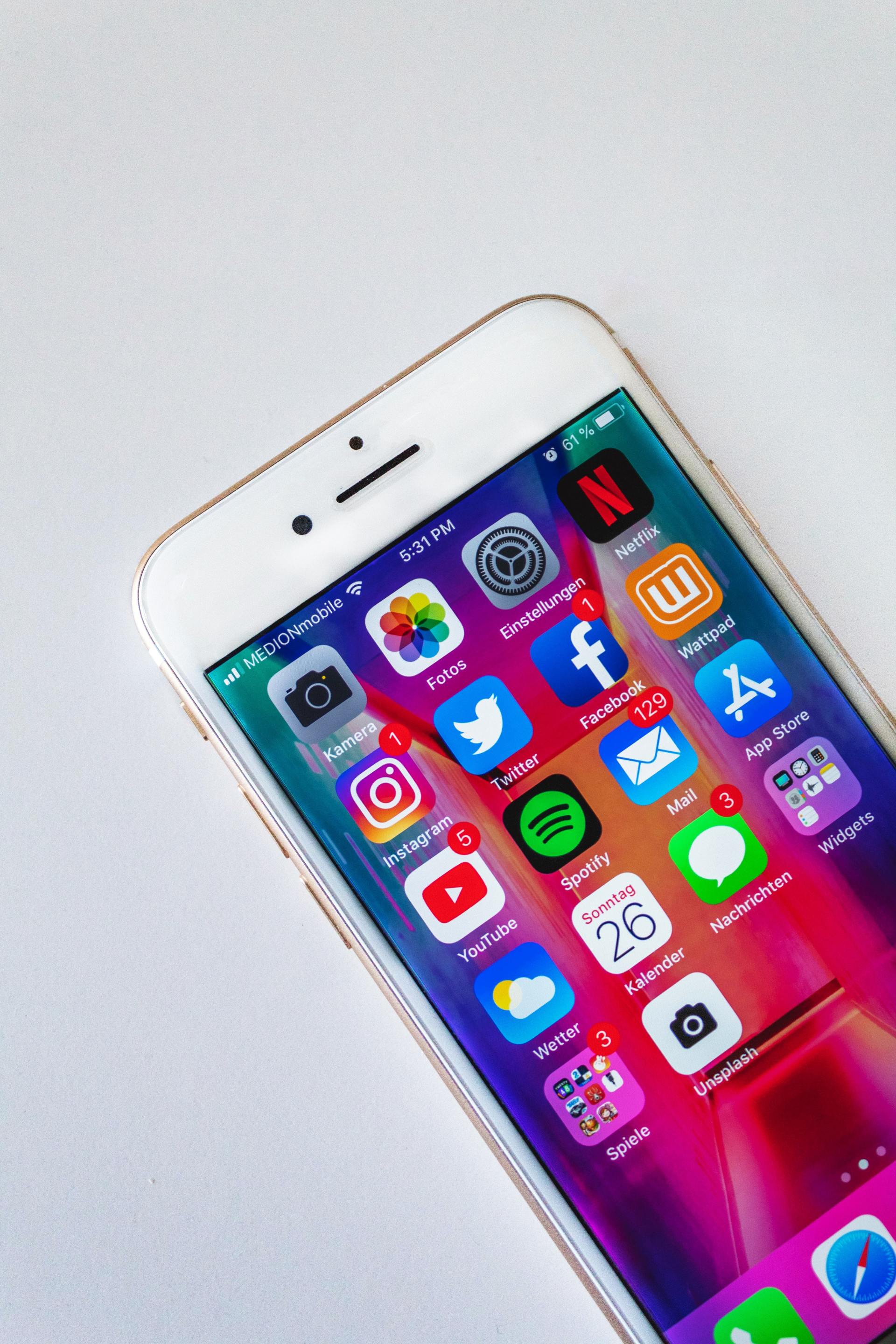Social Media and Personal Injury Cases
Listen to this blog post
Social media is important when it comes to personal injury claims, as insurance companies, their lawyers and judges often use it as a source of evidence. Insurance companies use social media as a way to investigate personal injury claims and the impact that an accident had on someone’s life. Social media posts that show that you are having a good time or in some other way show (to them) that your claim is not real, can result in your claim being denied. So you could also lose your accident benefits or long-term disability benefits.
To avoid this happening and compromising your personal injury claim or LTD benefits, consider either changing your social media account settings to private, deleting certain posts or closing your accounts altogether. Still, if your insurance company sees something before this happens, it can still be used against you.
Nowadays, almost everyone has a social media account. Or their spouse, kids, friends or family members do. In short, at some point you are sure to turn up on social media. As a result of this, the Canadian courts have made a few changes related to social media and personal injury cases. There are guidelines that lawyers must follow when using social media and personal injury claims, and when using them to build a case against you.
How Do Insurance Companies use Social Media as Evidence?
Insurance companies use various tactics to deny personal injury claims, including hiring private investigators to find evidence to discredit you. One of the things that they look at is social media. They use it as a way to run surveillance on you to find out if it’s possible to discredit you and deny your personal injury claim. Because of this, social media is a very important tool for private investigators, as it’s very easy to access and find contradicting evidence, and to dig into your personal life.
Insurance companies take what is found on social media (videos, photos, comments, etc) and may use it against you. This could be for an accident claim or LTD claim that has caused physical or psychological harm. As a result, social media and personal injury claims are very connected, and as a person making a claim, it’s important to keep this in mind. Anything posted on social media after the date of your accident can be used to dismiss your claim.
Approach to Social Media Evidence by Courts in Canada
Since the early 2000s, the Canadian Courts have been using various approaches when it comes to having people produce their social media in personal injury cases. One of the biggest cases with this approach was in 2018, where the Ontario Court of Appeal produced important guidance in relation to using surveillance and Facebook posts in the case of Nemchin v. Green, 2019 ONCA 634.
In this case, Tanya Nemchin was granted $700,000 in damages due to PTSD after a motor vehicle collision, which then went to the Ontario Court of Appeal. The insurance company argued the decision made by the trial judge to exclude her Facebook posts as evidence.
The Court of Appeal stated that those videos could provide context and be used as evidence in the personal injury case. The Court of Appeal further stated that the trial court's task during the preliminary examination was to look at each piece of evidence and use discretion to determine whether it is admissible.
The Court of Appeal also said that a trial judge must ensure that the use of surveillance videos should not impair trial fairness. As well, the Court of Appeal has since allowed surveillance evidence and further noted that "a video recording is admissible as soon as it is established that it depicts the scene and has not been altered or changed."
The Nemchin v. Green case was a key player in setting up the use of social media and personal injury cases. It showed that social media evidence can be used to prove your personal injury claim, and can be used by your insurance company to discredit it.
Does Keeping Social Media Accounts Private Make Any Difference?
It has become common practice for many insurance company’s lawyers to ask for social media in personal injury claims to anyone making a claim. As a result, some people do consider keeping their social media accounts private or limiting access to their profiles to avoid anything being used against them to deny their claim.
However, in reality, this doesn’t actually work. When social life is involved in a personal injury claim, the person making the claim may still be required to give the insurance company access to their accounts.
A well known case that dealt with this is the Isacov v Schwartzberg case. In this case, Maya Isacov stated that she can no longer run and will never be able to wear high-heels again as a result of injuries from a pedestrian accident. Evan Schwartzberg’s team then found photos on one of Maya’s friend’s Instagram account showing her dancing on a dance floor wearing high heels. The Ontario Superior Court of Justice ruled that because Maya claimed her social life as an issue (wearing high heels), she should provide her social media pages, including Facebook and Instagram, for three years following the accident up to the trial date.
In the case of Leduc v. Roman, the court also cited that when "a party who maintains a private or limited access Facebook profile stands in no different position than one who sets up a publicly-available profile. Both are obliged to identify and produce any postings that relate to any matter in issue in an action”.
What Can I Do to Protect my Case from Being Compromised by Social Media Posts?
Social media poses a serious risk of harming a personal injury case or can cause you to lose your LTD benefits. However, given how active some people are on social media, closing accounts or not posting anything may not be a viable option. Changing your privacy settings also won’t matter, as the court may still require you to produce your posts.
The good news is that there are options that can decrease the chance of your insurance company using your social media posts to fight a personal injury claim.
Here are a few tips:
- Speak to an experienced personal injury lawyer so that you are well prepared before any trial or discovery.
- Limit your activity on social media as much as possible after the date of the accident to avoid posting anything that your insurance company could potentially use against you.
- Don’t accept a friend or follow request from anyone that you don’t know. This helps to prevent someone going under an alias from accessing your account if it’s private. It could be your insurance company or a private investigator trying to snoop.
- Be careful what your friend’s and family members post, especially if their profile is public. Your insurance company can and will use their posts of you as well.
Contact Us
Success in winning a personal injury claim depends on many factors, including a cautious approach to social media. Be aware that social media accounts in a personal injury case can be used by your insurance company to dismiss your personal injury claim or minimize your LTD benefits.
If you have any further questions about using social media after an accident, or have other issues related to your personal injury case, please do not hesitate to speak to the experienced personal injury lawyers from Aaron Waxman and Associates. Call us toll-free at 1-844-583-4878, email us or reach out through our website for a free consultation.
We offer a free initial consultation that can be arranged at a date and time of your choosing and at your convenience.
Recent posts from our Knowledge Centre
- This blog is for informational purposes only and is not meant to substitute legal advice. Please read our disclaimer for further information.
- All of our lawyers are licensed by The Law Society of Upper Canada
- Office in Toronto and able to represent people in the province of Ontario








